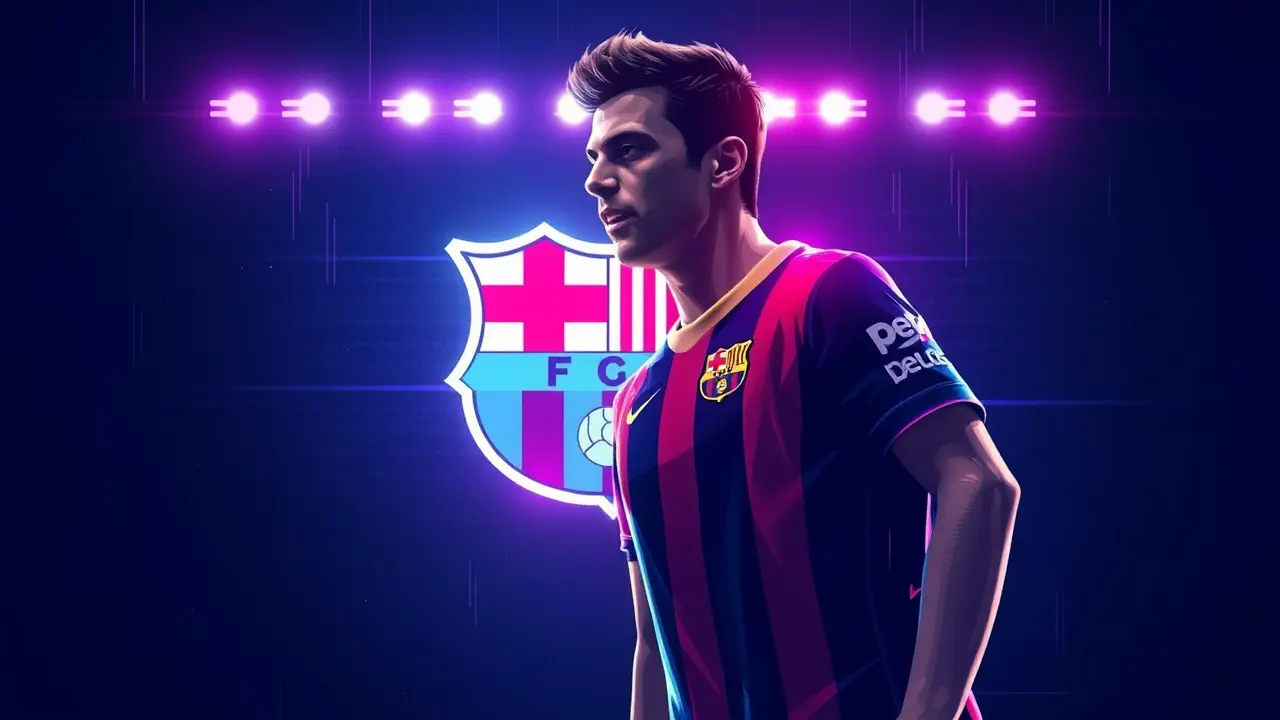Barcelona Suspected of Illegal Griezmann Talks in 2019
The shadow of impropriety once again looms large over the hallowed halls of the Camp Nou, as a Spanish judge has officially woven the 2019 signing of Antoine Griezmann into the sprawling tapestry of the 'Barçagate' scandal, an investigation into the club's transfer dealings under the tumultuous presidency of Josep Maria Bartomeu. This isn't merely a bureaucratic footnote; it's a seismic allegation that strikes at the very heart of football's regulatory framework, suggesting that the Blaugrana hierarchy, in their relentless pursuit of star power, may have engaged in a clandestine operation worthy of a spy thriller.According to the damning report from El Mundo, the crux of the issue lies in a series of electronic communications from February to March 2019—a digital paper trail that allegedly proves Barcelona was conducting direct, illicit negotiations with Griezmann while he was still firmly under contract with Atlético Madrid, a clear violation of the sport's strict 'tapping-up' rules which forbid such contact unless a player is in the final six months of his deal. The timeline is critical: this was not a last-minute swoop but a calculated, mid-season courtship, a period when Atlético, rightly incensed, lodged a formal complaint with the Royal Spanish Football Federation (RFEF).The judge's findings paint a picture of a club so determined to secure its target that it was willing to navigate the greyest areas of the law, culminating in what appears to be a classic cover-up: a subsequent agreement with Atlético to pay a staggering €15 million, not as a transfer fee, but ostensibly to secure a 'priority purchase option' on several of their players—a move the court describes as a potential smokescreen designed to legitimize a payoff intended to prevent Atlético from providing evidence in the initial RFEF investigation. This alleged maneuver transforms a simple rule-breaking into something far more sinister, potentially constituting the criminal offenses of unfair administration and/or accounting fraud, charges that carry the weight of prison sentences and could cripple the club's financial and sporting future.For a club of Barcelona's stature, a institution that prides itself on being 'Més que un club,' this is a profound fall from grace, a narrative arc that feels tragically familiar when one recalls the Neymar saga and its subsequent legal battles. It forces us to ask uncomfortable questions about the win-at-all-costs mentality that has come to define modern football's elite, where the pressure to deliver trophies and galactico signings can seemingly override ethical and legal boundaries.The potential consequences are staggering, ranging from massive fines and transfer bans for the club to personal legal liability for the former board members, all while the current leadership, led by Joan Laporta, is left to untangle a financial and reputational mess not of their own making. This case is more than just about one player's transfer; it's a litmus test for governance in football, a stark reminder that even the most celebrated clubs are not above the law, and that the beautiful game's enduring legacy depends not just on the magic created on the pitch, but on the integrity upheld in the boardroom.
It’s quiet here...Start the conversation by leaving the first comment.
